When Israeli settlers kill Palestinians and don’t get indicted: 8 cases that ended without a trial The killing of 19-year-old Qosai Mi’tan by settlers is one of this summer’s major….
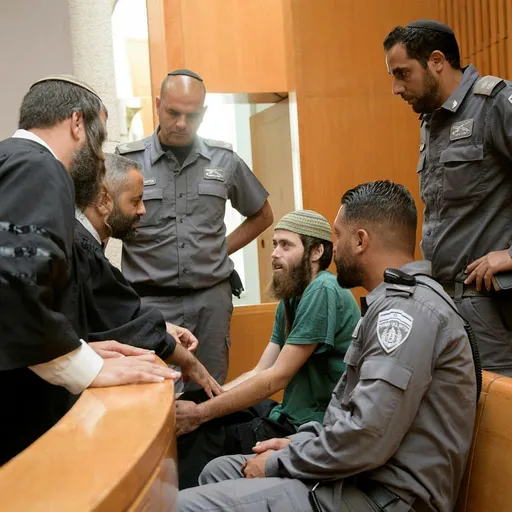
When Israeli settlers kill Palestinians and don’t get indicted: 8 cases that ended without a trial

The killing of 19-year-old Qosai Mi’tan by settlers is one of this summer’s major stories in Israel, but it’s actually the latest in a string of similar shootings and stabbings of West Bank Palestinians where no one has been indicted.
Similar to Mi’tan’s death in the village of Burqa on August 4, eight other Palestinians have been killed in the past 15 years, according to a Haaretz investigation with the help of the Israeli human rights groups B’Tselem and Yesh Din.
There was, for example, Ali Harb, who was stabbed to death a year ago by a resident of the Nofei Nehemia outpost. Harb was killed when he and relatives tried to drive out settlers who sought to establish an outpost on their land. The investigation was closed two months later.
The incidents are similar: Settlers come to the outskirts of a Palestinian village or an open area between a settlement and a neighboring village. A confrontation erupts and a Palestinian is killed. In some cases, the settlers’ claims of self-defense sound credible, in others less so.
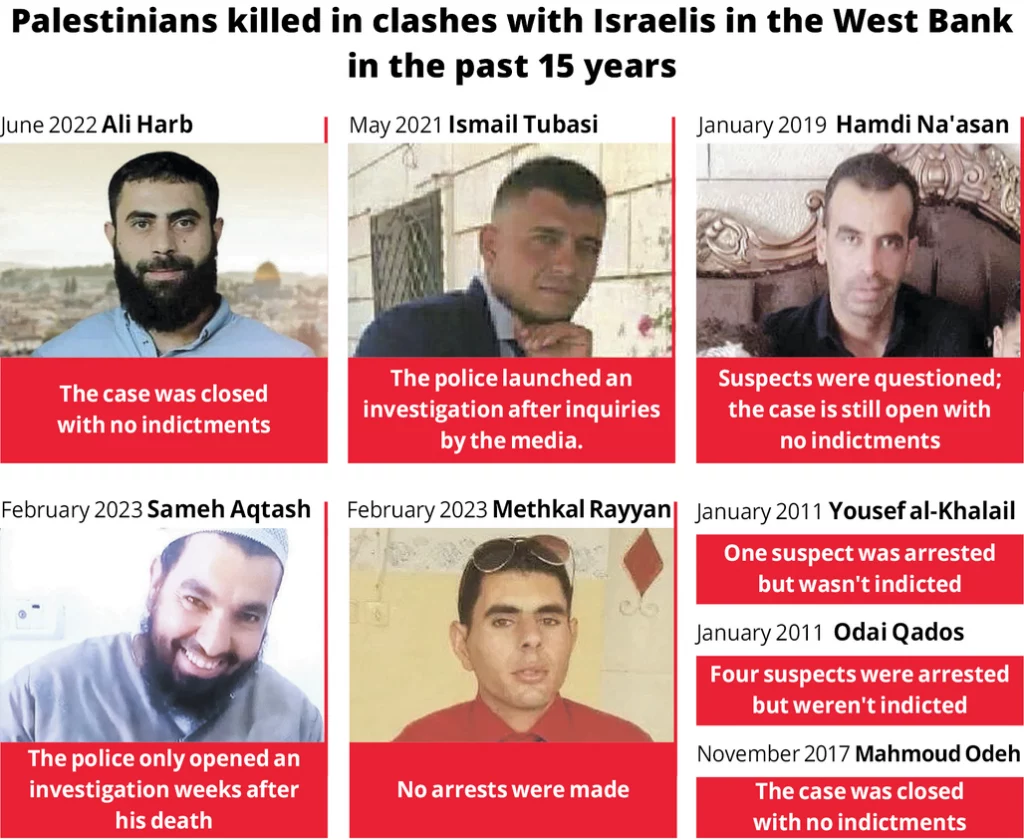
In none of the cases has an Israeli been brought to trial. In one, it’s impossible to identify the shooter due to failures in the police investigation.
According to B’Tselem and Yesh Din, since 2008, Israelis who are not security guards or members of the security forces have killed 38 Palestinians. Among them, 21 had attempted or carried out a terror attack.
Four of the killings clearly fit the description of Jewish terrorism – the 2015 arson murder of members of the Dawabsheh family and the 2018 killing of 47-year-old Aisha Rabi, who was driving with her husband near a West Bank checkpoint when stones were thrown at their car. That case has been open since January 2019. Other Palestinians were shot after they or others threw stones at settlers’ cars.
The following are the eight victims in the past 15 years.
Ali Harb
On June 21, 2022, about 20 teenagers and one adult from the settlement of Nofei Nehemia toured an area outside the fence of the West Bank city of Ariel. The goal: Establish an outpost there.
The plot is very near the Israel Police’s headquarters in the West Bank and a guarded entrance to Ariel. The plot belongs to the residents of the nearby village of Iskaka, who arrived at the site after hearing that settlers had gathered there.
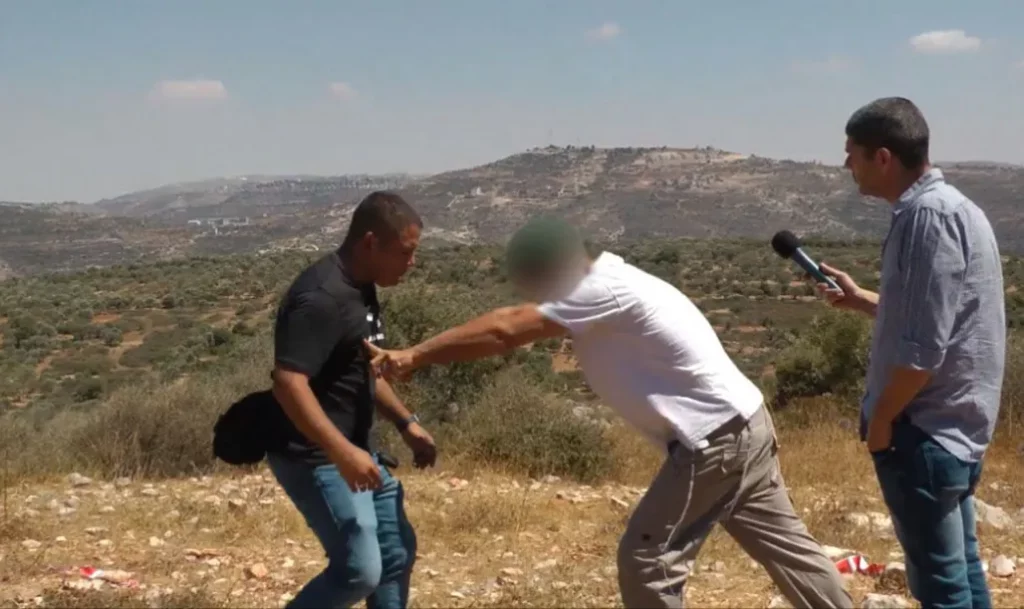
The suspect in the stabbing was not arrested on the day of the incident. The knife was left on-site and the suspect was arrested the next day when he filed a complaint against Palestinians who had been at the scene. The suspect claimed that they had attacked him and his friends; these Palestinians were then arrested and investigated for assault.
The settlers claimed that the Palestinians had thrown stones at them while brandishing sticks and axes, while the Palestinians denied that they had engaged in violence. The State Prosecutor’s Office said the suspect’s claim of self-defense could not be dismissed.
Yesh Din, representing the Harb family, appealed the closing of the case; one of the family’s main claims is that even though an autopsy was performed on Ali Harb at a Ramallah hospital, the police did not demand to see the report. According to the report, which was provided to Haaretz and translated by Yesh Din, the knife was plunged about 9 centimeters [3.5 inches] into the side of Harb’s chest, the same length as the knife.
But during a reenactment for the police, seen by Haaretz, the suspect conveyed that he pushed Harb in the chest and Harb was accidentally stabbed by the suspect’s knife. The inconsistency between the suspect’s version and the findings of the autopsy do not appear in the police file.
Also, two Palestinians testified that the settler tried to stab one of them earlier, and one settler testified that one of his friends said he saw the suspect trying to stab a Palestinian in the leg. When that friend was questioned, he invoked his right to remain silent.
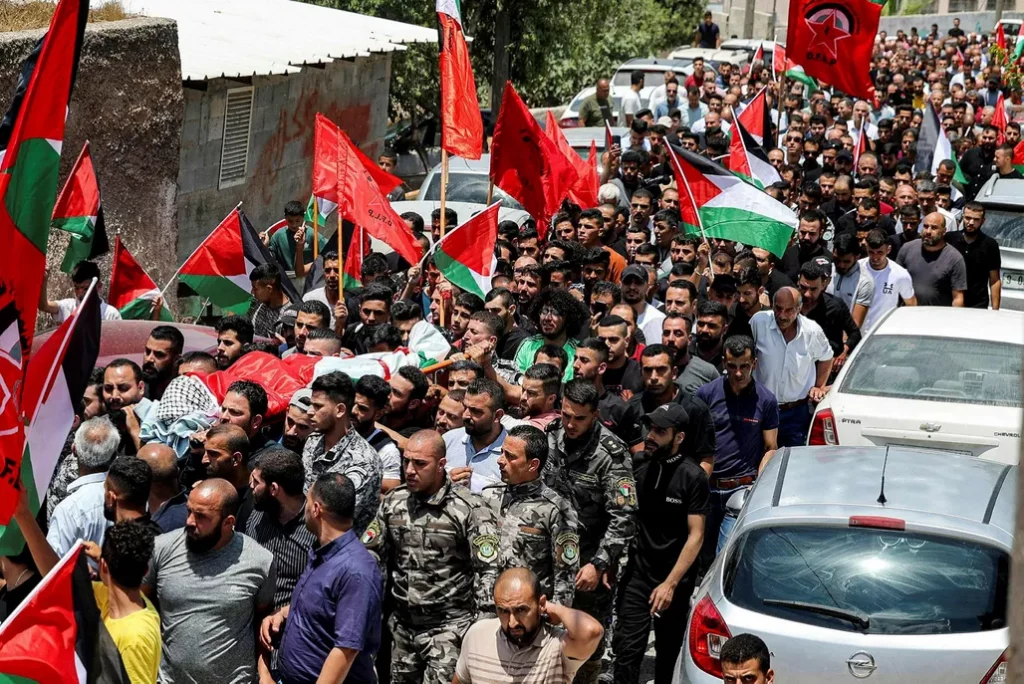
Moreover, Yesh Din said the police did not properly study the videos provided to them, and that the police did not try to obtain land-ownership documents from the Palestinians, instead assuming from the start that Palestinians had trespassed. Yesh Din has not yet received a response to its appeal.
In response to an inquiry from Haaretz, the State Prosecutor’s Office said that the case is still being examined, as the appeal is still under consideration, and that the autopsy documents were only transferred to the office during the appeal stage despite an attempt to obtain them during the investigation. The State Prosecutor’s Office added that the land-ownership documents were not relevant and that the reenactment corresponded with the findings of the investigation.
Methkal Rayyan
In February, 27-year-old Methkal Rayyan from the village of Qarawat Bani Hassan in the northern West Bank was shot dead by a settler, eyewitnesses said. Rayyan was killed on the outskirts of his village, a few hundred meters from a construction site where, according to Palestinians who spoke with Haaretz, settlers had arrived. There were no arrests.
In a statement, the Samaria Regional Council said hikers from the settlement of Havot Yair were attacked by Palestinians. The Palestinians said the situation in the area had deteriorated following the settlers’ establishment of a herders’ outpost near Havot Yair, adding that settlers regularly visit the outskirts of the village and even use drones to monitor construction in the area.
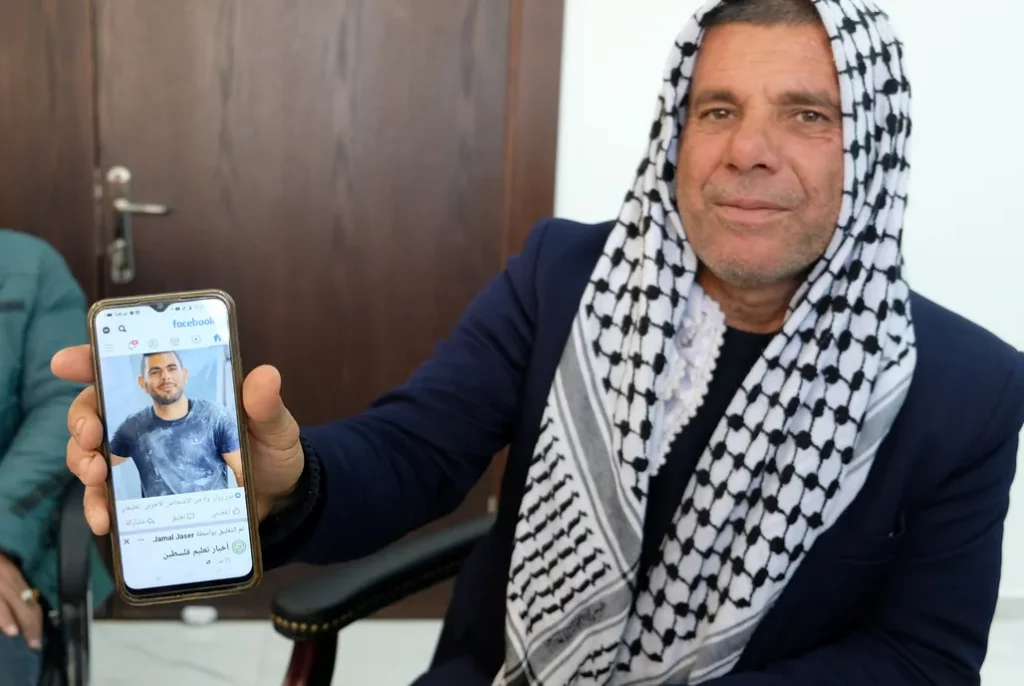
According to the Palestinians, that day settlers arrived at the building site and began cursing and attacking the construction workers, who then called for help from residents of the village. Each side threw stones at the other, resulting in the gunfire that killed Rayyan, the Palestinians said.
The police said an investigation had been launched, but as far as Haaretz is aware, no settler has been arrested, and no one has been brought in for an extended detention. The case is still open.
Ismail Tubasi
Although the police are required to investigate homicide cases even if no complaint is filed, the Israel Police in the West Bank tend to avoid this if the victim is a Palestinian. An example is the death of Ismail Tubasi, from al-Rihiya southwest of Hebron, in May 2021.
A month after Tubasi’s death – in circumstances that remain unclear – the police reportedly had not launched an investigation. Despite inquiries by Israeli public television and the Hebrew-language website Sikha Mekomit (Local Call), the police did not open an investigation until August that year.
Statements by his family suggest that Tubasi, who died from gunshot wounds, was shot by settlers. Even after an investigation was launched, members of the family were not summoned to testify. Only in October did Yesh Din receive its first response from the police, after seven appeals.
The police said they had trouble contacting family members. Only in March this year did Tubasi’s brother testify at a police station. By this point, Tubasi was long buried. The case is still open.
Sameh Aqtash
Another case in which the police did not open an investigation despite knowledge of the killing of a Palestinian is that of Sameh Aqtash, who was shot dead during the settler riots and arson attacks in the village of Hawara in February. Aqtash was shot while standing at the entrance to the village with other men who had gathered to defend against the settlers.
According to eyewitnesses, Aqtash was standing behind a fence when he was shot and was not taking part in clashes with settlers. Footage shows soldiers standing near settlers at the entrance to Hawara, but the army denies that soldiers fired, and local Palestinians believe that the shooter was a settler.
The police did not open an investigation, initially claiming that no complaint had been filed. Several weeks later, when Aqtash’s brother managed to file a complaint after several attempts were rejected, an investigation finally began.
At this point, Aqtash had already been buried, and the police said that without a body an investigation would be difficult. The Israel Defense Forces’ Spokesperson’s Unit merely said that “in the investigation that was conducted, it was found that there is no cause for suspicions that IDF soldiers were involved in causing his death.”
Hamdi Nassan
Hamdi Na’asan, 38 and a father of four, was shot dead in 2019 near the village of al-Mughayyir outside Ramallah. Settlers offered two conflicting stories.
First, they claimed that hikers from the Adei Ad outpost had been attacked, but they later said a Palestinian had stabbed a settler and tried to drag him to the village. In both versions, they claimed that Na’asan was shot in self-defense after Palestinians had thrown stones at settlers.
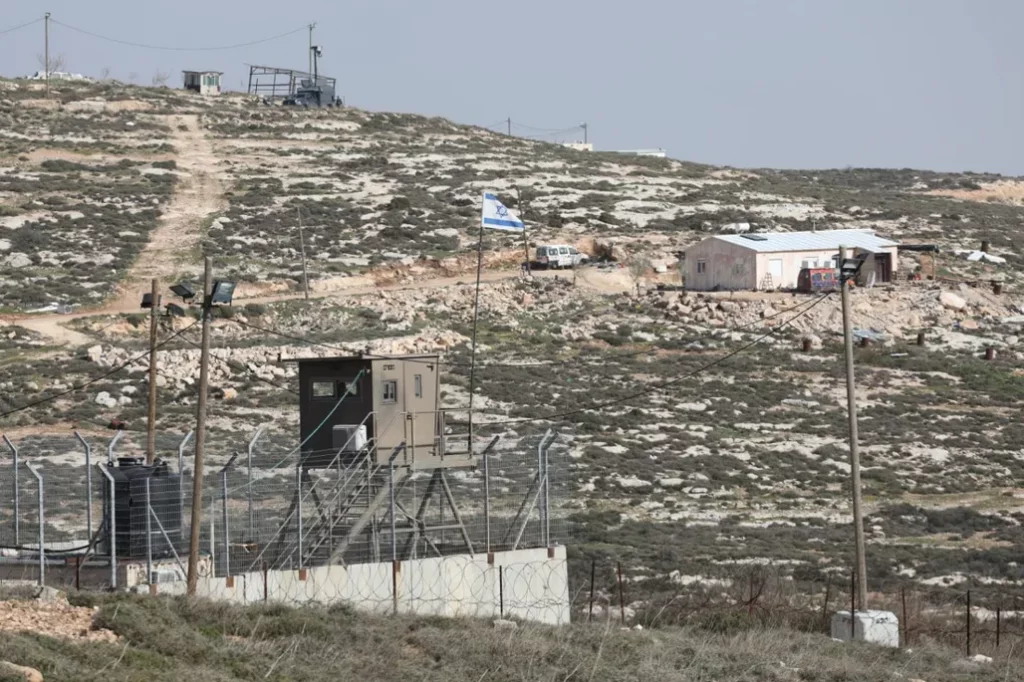
According to the Palestinian Health Ministry, Na’asan was shot in the back. Later in 2019, two settlement security coordinators from the area of the settlement of Shiloh were questioned by the police. The Hebrew-language website Hakol Hayehudi (Jewish Voice) reported on the “outrage” of the investigation, noting that the suspects’ phones had been confiscated. No indictment has been filed in the case, which remains open.
According to the IDF Spokesperson’s Unit, “After examining the findings, the military prosecutor’s office ordered the closing of the investigation file regarding the soldiers. Findings related to any suspicion of civilian involvement in the incident … were forwarded to the Israel Police for further handling and investigation.”
The spokesperson’s unit did not comment on the outcome of the investigation into the soldiers.
Mahmoud Odeh
In November 2017, 48-year-old Mahmoud Odeh from the village of Qusra in the northern West Bank was shot dead after a group of children, residents of nearby settlements, were attacked with stones while walking near the village. Local Palestinians said that Odeh was shot while working his land, and that the Palestinians threw stones in response to his death.
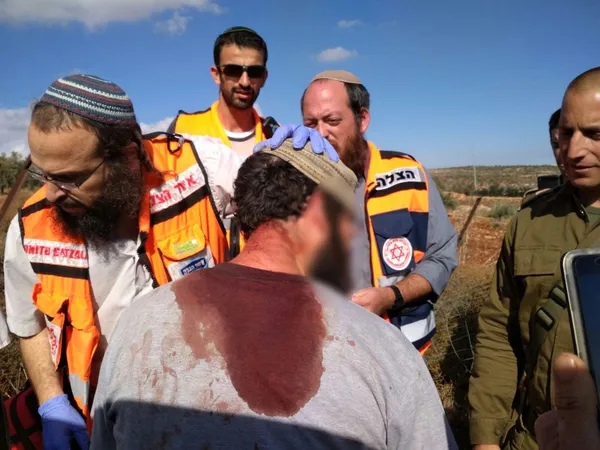
Two Israelis accompanying the children on the trip suffered light wounds. They were questioned by the police on suspicion of causing death through negligence and were released after their interrogation. The case was closed and the settlers’ claim of self-defense was accepted.
A military investigation determined that the trip near Qusra was conducted without the necessary coordination with the security forces. A Palestinian was indicted for attempted murder; he allegedly entered a cave that the hikers were visiting and threw stones at them at close range.
Yousef al-Khalail
In January 2011, about 30 Jewish hikers arrived in the Khirbet Safa area near the town of Beit Ummar northwest of Hebron, where Palestinian teenagers threw stones at the hikers. Yousef al-Khalail, a 15-year-old from Beit Ummar, was shot in the head and killed. Four suspects were arrested.
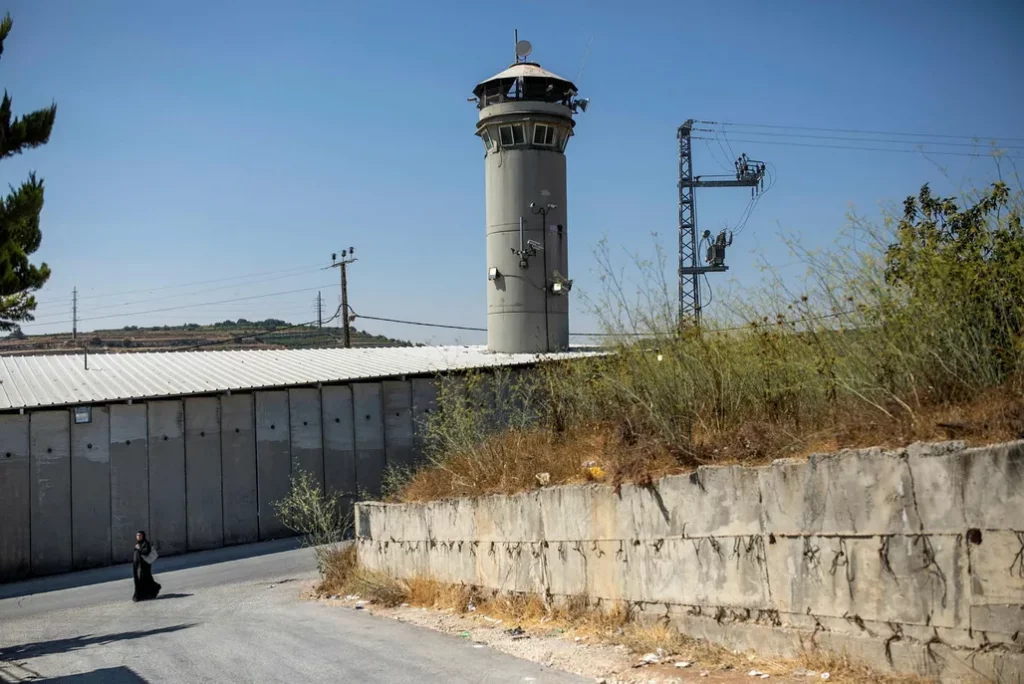
The case against three of them was closed due to a lack of evidence, and the case against the fourth was closed due to an absence of guilt. Even though the investigation into al-Khalail’s death ended three months later, the case was officially closed only in July 2013, a year and a half after the actual conclusion.
The initial investigation revealed that the hikers, who had entered the area without coordinating with the military – and after a similar request was denied – did not report the attack to the relevant authorities.
According to the appeal by attorney Michael Sfard against the closing of the case, the hikers had previously toured the area without authorization. According to the appeal, when they were attacked by Palestinians, two of the six armed men in the group fired on stone-throwers, wounding two Palestinian teenagers.
Sfard’s appeal included the fact that the police failed to find bullets or cartridges from the shooters’ weapons. The appeal was rejected.
Odai Qados
Just one day before al-Khalail’s death, 18-year-old Odai Qados from the village of Iraq Burin near the settlement of Har Bracha was shot dead by a settler.
Video from IDF security cameras captured a verbal exchange between the gunman and Palestinian teenagers, after which Qados threw stones at the gunman at point-blank range. The settler then took out his gun and shot Qados dead.
The suspect was only arrested about five months later and was released to house arrest. No indictment was filed.
